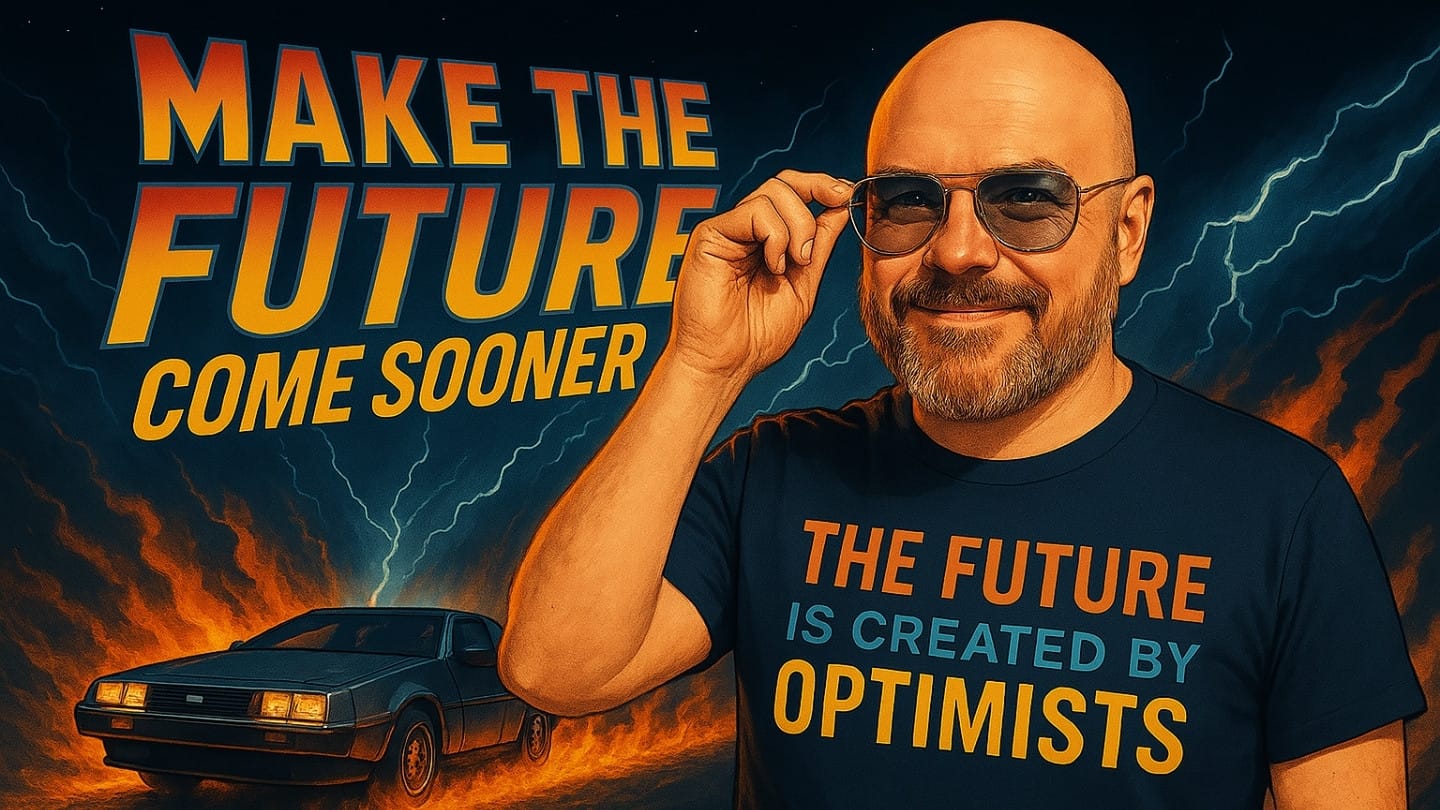
🪸 AI is used to save coral reefs
A group of islanders in the South Pacific is using AI to save coral reefs.
Share this story!
In 2017, 23-year-old Titouan Bernicot from the island of Mo’orea, created Coral Gardners together with his friends. Now, the group has grown to include an international collective of scientists, activists and creatives. Their newest project is to replant 1 million corals around the world by 2025. They want to do this with the help from a new AI system.
“Our goals for the next couple of years are to become the largest and most advanced coral restoration program on the planet,” says Bernicot to Fast Company.
Coral Gardners put their main focus on something called super corals as an attempt to create more resilient reefs. What are super corals then? Well, it's a specific species with the ability to quickly adapt to a changing environment and environmental conditions. The restoration process starts with the team identifying groups of super corals in the water. Next, they cut a small portion of the corals. The small pieces are then moved to the nursery site where they’re hung on ropes. These corals are monitored for at least a year before they are replanted onto degraded areas of the reef, once they are mature enough.
So how does AI fit into this process? People from around the world can observe Coral Gardners work through a live stream called ReefOS. ReefOS is an AI system that basically documents all stages of the coral's growing process.
Recently, Coral Gardners partnered with Cornell University in order to create a bioacoustics AI model that can analyze how underwater sound affects the ecosystem.
On top of that, the team also partnered with the University of Hawaii to incorporate state-of-the-art 3D mapping and photogrammetry techniques (which is the science that uses photographs to obtain valuable information about a process) into the monitoring process.
At the moment, the ReefOS system is installed at one of the three active coral nurseries. Together the facilities have around 9 000 corals growing. In the future, the plan is to deploy this system at every site of coral reef restoration around the entire world.
“We want to become the most advanced reef restoration around the world in terms of technology… and also be able to share everything that we learned and the data we collected in an open-source and collaborative way,” says Karine Toumazeau, strategist for Coral Gardeners, to Fast Company.
Bernicot doesn’t only want to safeguard the wellbeing of marine life but also hopes to provide local islanders with opportunities through the restoration work:
“I don’t want ocean conservation to be a part-time job,” Bernicot said to Fast Company. “I want people that love the ocean to be able to make a career saving their playgrounds.”
By becoming a premium supporter, you help in the creation and sharing of fact-based optimistic news all over the world.


